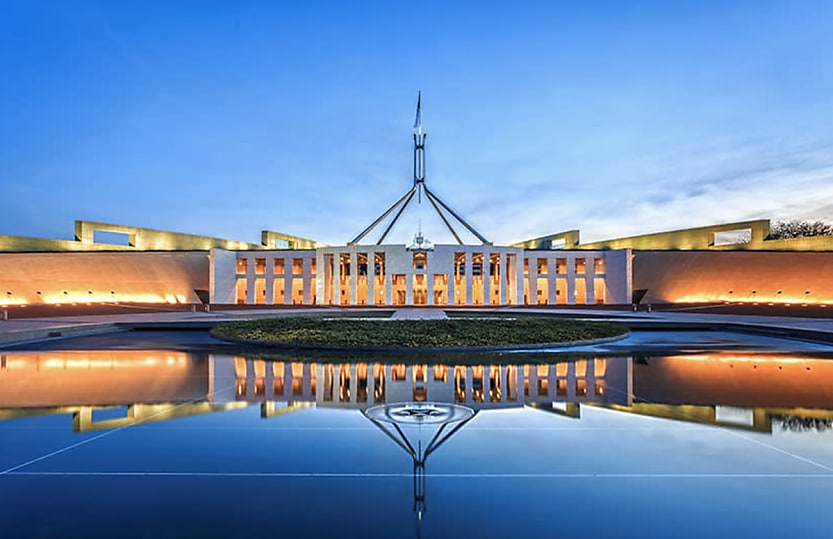Changes to tax secrecy laws could pose ‘unacceptable risk’, warns Tax Institute

The sharing of confidential tax information with bodies or agencies unrelated to tax administration raises “significant concerns about privacy and confidentiality”, The Tax Institute has cautioned.
The Tax Institute says that while it supports the government's initiative to expand the tax secrecy exceptions in circumstances where the public interest is at risk, any changes in this area require careful consideration.
In a recent submission, The Tax Institute raised a number of potential concerns around the sharing of confidential tax information obtained by the ATO and TPB.
"The sharing of such sensitive information with designated bodies or agencies for purposes that are not directly related to tax administration raises significant concerns about privacy and confidentiality," the institute said.
"We advocate for a balanced approach that prioritises protecting sensitive tax data while also meeting the legitimate needs of the public interest."
The Tax Institute stressed that any decision to share protected tax information should be made with great caution and should only be permitted by a legislative change through amendments to the Taxation Administration Act 1953.
The government must also ensure that only relevant and appropriate information is shared and that any sharing of information is accompanied by robust safeguards to prevent misuse of unauthorised access to data, it warned.
"Such caution is vital to uphold taxpayers’ trust in the tax system and ensure that the integrity of the tax system is not compromised," the submission said.
The Tax Institute said that while the prevention of fraud generally justifies the disclosure of information that is directly relevant to such fraud activity, Treasury's consultation paper does not provide a clear framework for how the Tax Office and TPB would identify potentially fraudulent activities.
The proposed oversight mechanism that would be used by the ATO and TPB to classify incidents as potentially fraudulent is ambiguous in the paper, it said.
"The Consultation Paper is also silent on the proposed framework for the Minister in approving fraud prevention programs," it said.
"Given the involvement of non-government entities in fraud prevention programs, it is essential for stakeholders to understand how the government will maintain oversight post-data sharing, and how such information will continue to be protected."
About the author

